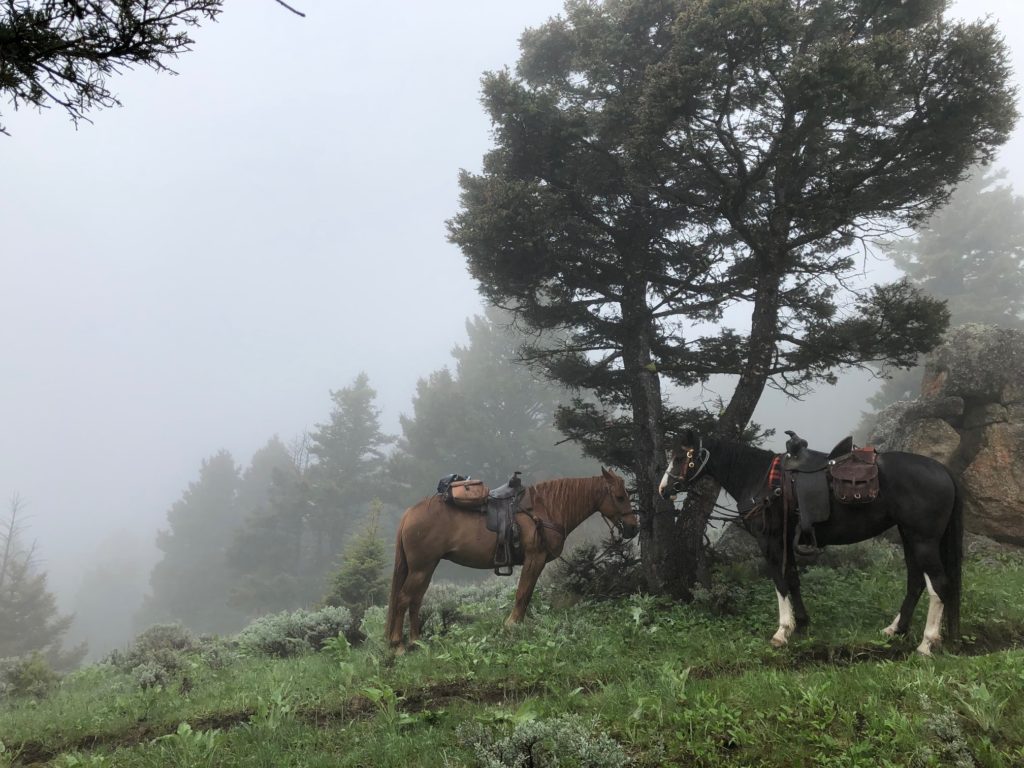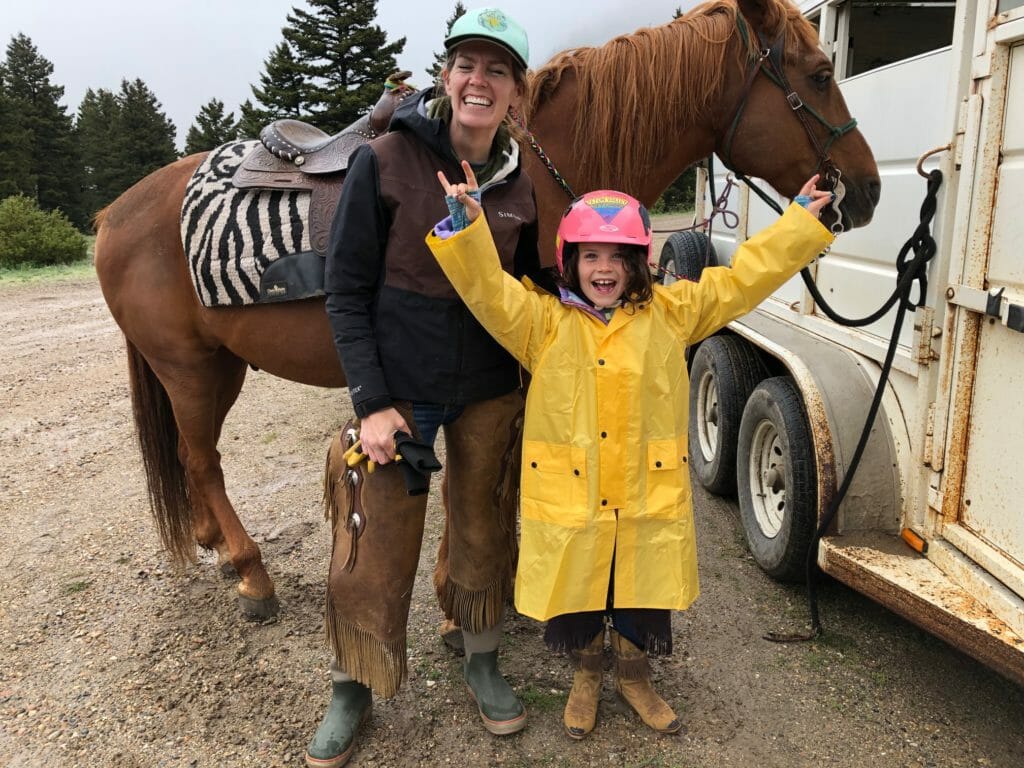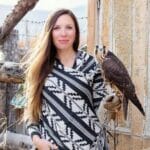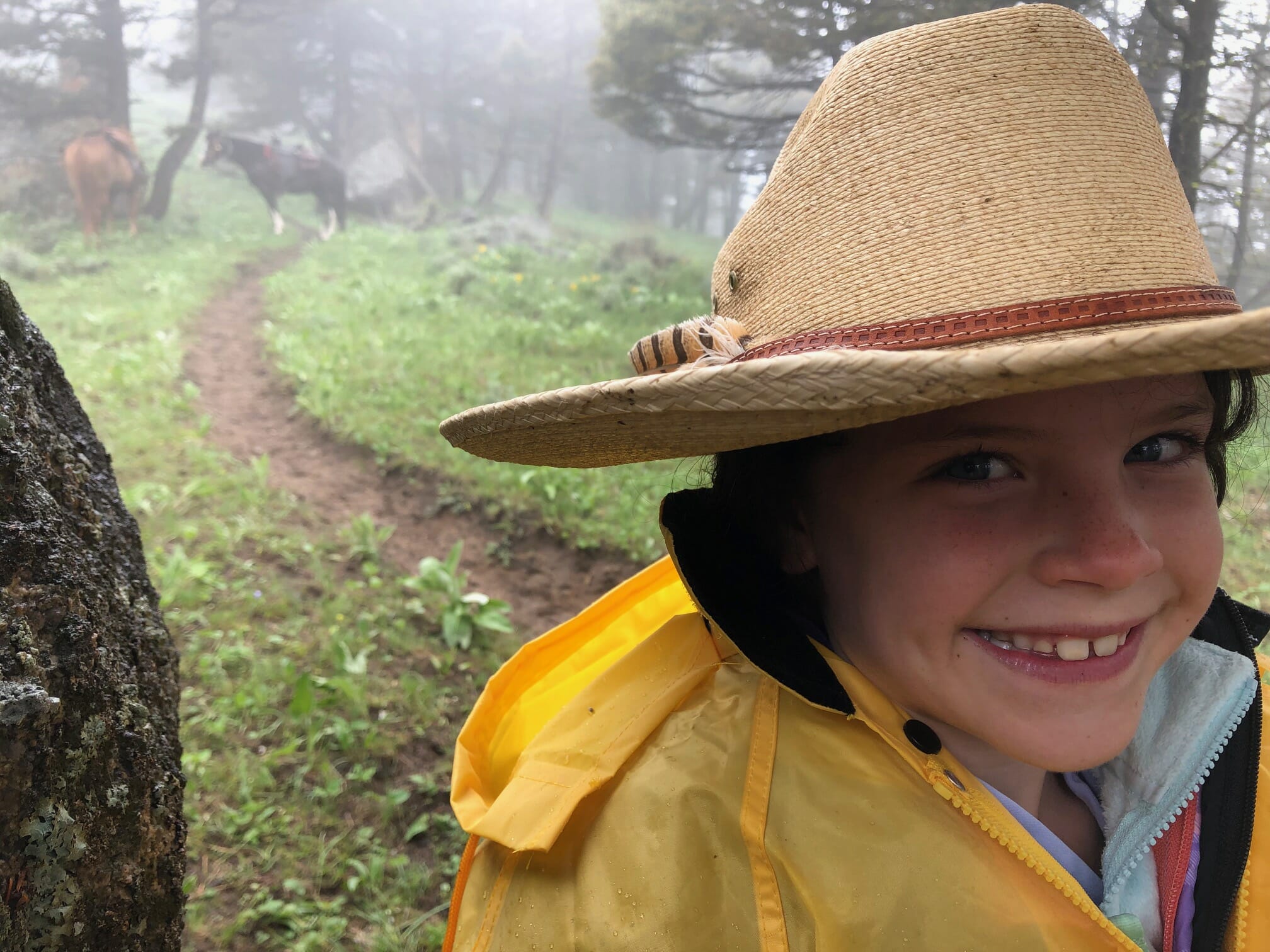The creek was out of it’s banks when we crossed the bridge.
Hard rain and a higher than normal snowpack had made its way down the mountain, spilling out into the hayfields and pastures, jumping out of the bend near the diversion ditch and coursing past the log fence in the back yard, a good 50 yards from the stream bank.
The horses shoes clipped across the wooden bridge, eyes wide and ears turned toward the raging torrent of water —more water than anyone around here can dredge from recent memory.
Fly rods were set out the night before. But packed away again in the morning. Partway through June in Montana and the fishing was spare at best.
After a long and bitter winter and a long and cold spring, we would have to wait a bit longer for fishing conditions to improve.
My friend and her daughter, Opal, arrived and we looked to the sky.
“Do we want drag her out in this?”
The temperature was dropping. Snow was predicted.
“Let’s give it a try. We’ve got layers.”
So we saddled up. Layered winter clothes, tying on ski bibs, stuffing gloves, hats. More cowboys have died in June than ever died in January, or so the saying goes around these parts.
A few switchbacks in we lamented the downpour. It’s not out of character for these parts to have a rainy spring, but this seemed out of the norm.

Indeed all across the West, things feel just a bit out of whack, a pattern we are told will become the new norm. Rain and flooding one year. Drought and wildfire the next. Feast. Then famine.
Across the country, trout habitat is poised to take a whallop as the impacts of climate change are realized. With that in mind TU is working to build resilience into our system, improving habitat where we can, boosting populations where we should.
But for anglers, that means changing our expectations a bit and staying adaptable. The way we used to fish may not be the way we do in the future.
As we reached the top of the mountain and tucked into the forest we pulled out a pile of sandwiches, chocolate and a nice bottle of wine for the adults. The temperature was dropping and the fog was so thick we could barely see beyond the immediate trees. A miserable day by some accounts.
I looked at Opal.
“You having fun?”
She smiled, rain dripping off her ski helmet.
“Yeah,” she said. “Can we keep going?”




